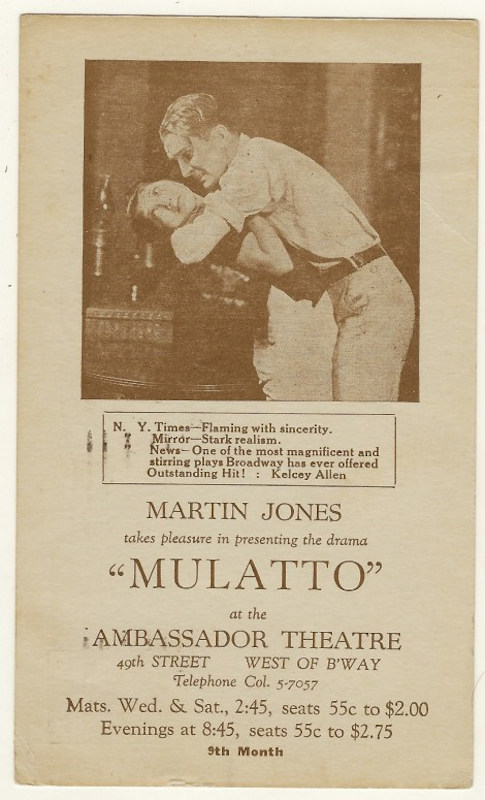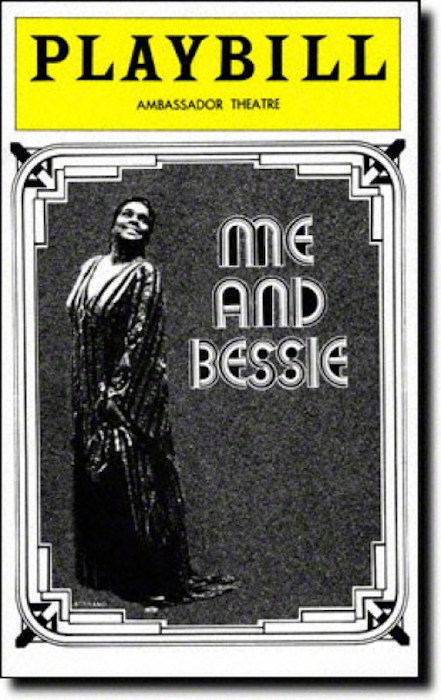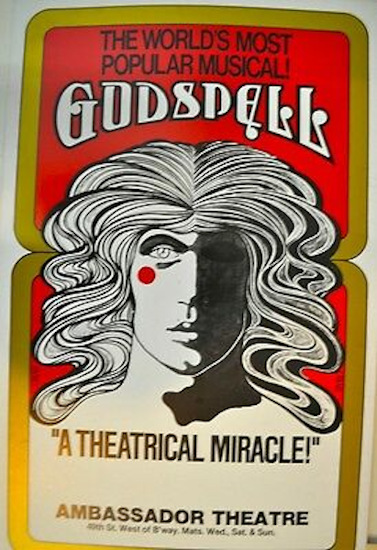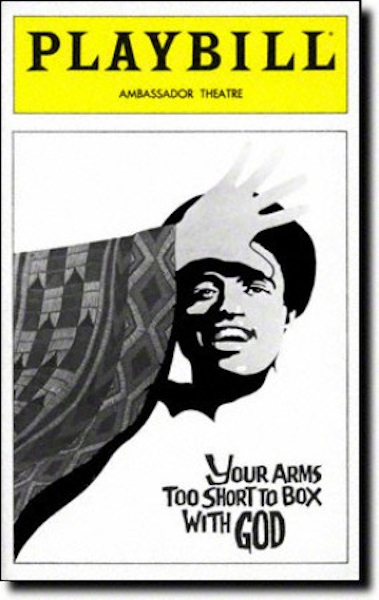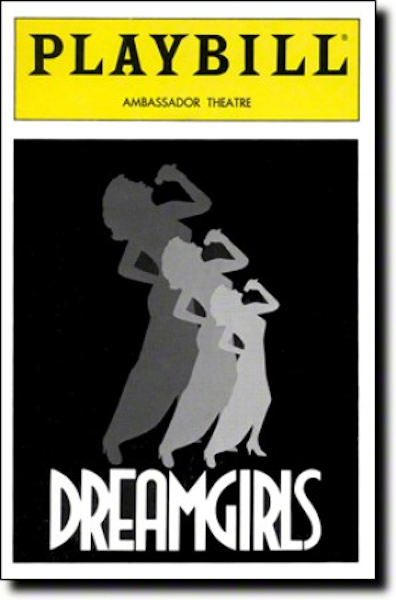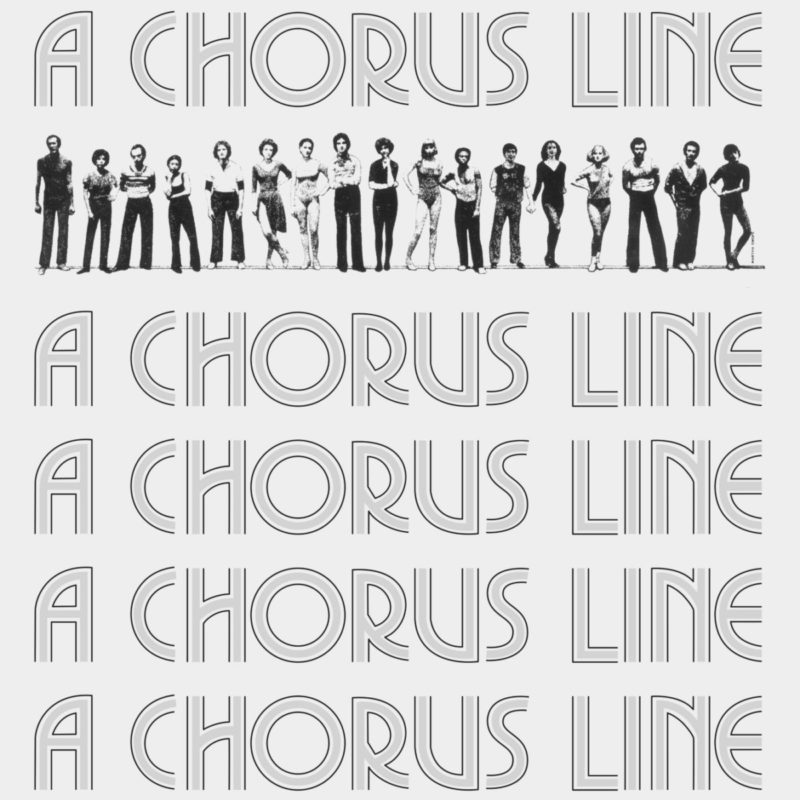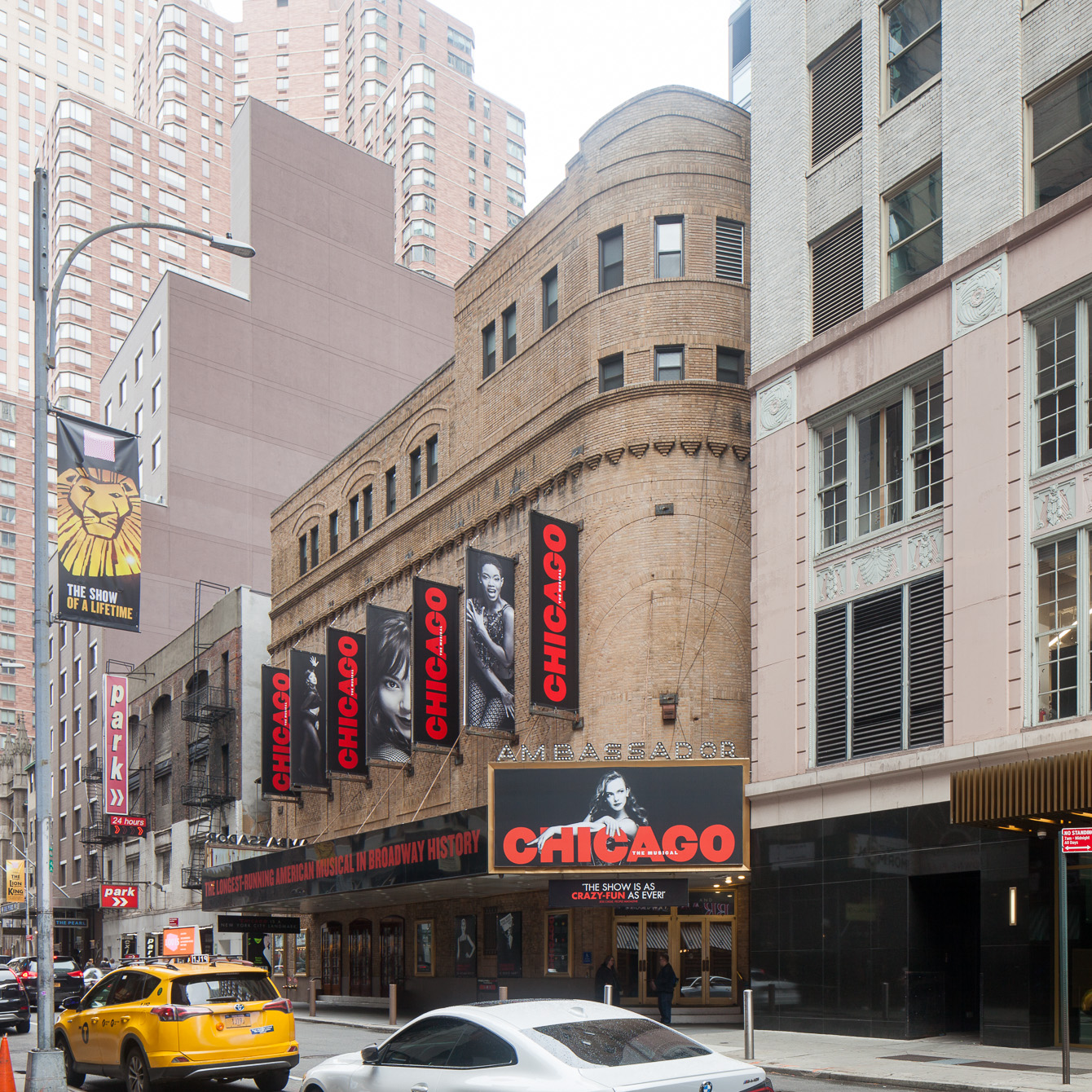
Ambassador Theater
overview
Opened in 1921, the Ambassador Theater has staged multiple productions involving major LGBT performers and creators, including Mulatto by Langston Hughes and Bring in ‘Da Noise, Bring in ‘Da Funk, for which George C. Wolfe earned Best Direction of a Musical Tony Award.
A sampling of other LGBT names associated with the Ambassador include George Cukor, William Ritman, Tom Eyen, Ethel Waters, and Anthony Rapp.
History
The biggest theater hits with LGBT associations at the Ambassador Theater were:
- Mulatto (1936) by Langston Hughes (opened at the Vanderbilt Theater)
- You Know I Can’t Hear You When the Water’s Running (1967-68), with scenic design by Ed Wittstein, and with actor George Grizzard
- Me and Bessie (1975-76), with actor Linda Hopkins as Bessie Smith
- Godspell (1977) by John-Michael Tebelak (opened at the Broadhurst Theater)
- Same Time, Next Year (1978), with scenic design by William Ritman, and lighting design by Tharon Musser (opened at the Brooks Atkinson Theater)
- Eubie! (1978-79), choreographed by Billy Wilson, and with actor Maurice Hines
- Bring in ‘Da Noise, Bring in ‘Da Funk (1996-99), conceived and directed by George C. Wolfe (Best Direction of a Musical Tony Award)
Other productions by LGBT creators and with LGBT performers at the Ambassador included:
- The Lady in Ermine (1922-23), with female impersonator Arthur C. Budd
- The Great Gatsby (1926), directed by George Cukor
- Night of January (1935-36), with actor Walter Pidgeon
- The Straw Hat Revue (1939), with actor Jerome Robbins
- Laugh Time (1943, opened at the Shubert Theater), with actor Ethel Waters
- Back to Methuselah (1958), with actor Tyrone Power
- Comes a Day (1958), with actor Judith Anderson
- A Passage to India (1962) based on the book by E.M. Forster, with scenic and costume design by Rouben Ter-Arutunian, and with actor James Coco
- Absence of a Cello (1964-65), with scenic and lighting design by William Ritman
- We Bombed in New Haven (1968), with scenic design by William Ritman
- Celebration (1969), with scenic, costume, and lighting design by Ed Wittstein
- Your Arms Too Short to Box with God (revival, 1980), with music and lyrics by Alex Bradford
- Leader of the Pack (1985), directed and choreographed by Michael Peters
- Dreamgirls (revival, 1987) by Tom Eyen, directed by Michael Bennett, choreographed by Bennett and Michael Peters, and with music by Henry Krieger, and lighting design by Tharon Musser
- Ain’t Misbehavin’ (revival, 1988-89), with scenic design by John Lee Beatty, lighting design by Pat Collins, and with actors Nell Carter and André De Shields
- The Circle (revival, 1989-90) by W. Somerset Maugham, with scenic design by Desmond Heeley
- You’re a Good Man, Charlie Brown (1999), directed by Michael Mayer, with music arranged and supervised by Andrew Lippa, who also contributed additional music, choreography by Jerry Mitchell, and with actors Anthony Rapp and B.D. Wong
Entry by Jay Shockley, project director (June 2019, with multiple additions).
NOTE: Names above in bold indicate LGBT people.
Building Information
- Architect or Builder: Herbert J. Krapp
- Year Built: 1919-21
Sources
Adam Hetrick, “The Work of Broadway’s Gay and Lesbian Artistic Community Goes on Display Nov. 14 When the Leslie/Lohman Gay Art Foundation Gallery Presents ‘StageStruck: The Magic of Theatre Design’,” Playbill, November 14, 2007.
Ambassador Theater Interior Designation Report (New York: Landmarks Preservation Commission, 1985).
“The 1st List of: Gay/Lesbian/Bi Industry People, Both in Front and Behind the Camera,” www.imdb.com, May 31, 2013.
Internet Broadway Database.
Do you have more information about this site?
This project is enriched by your participation! Do you have your own images of this site? Or a story to share? Would you like to suggest a different historic site?
